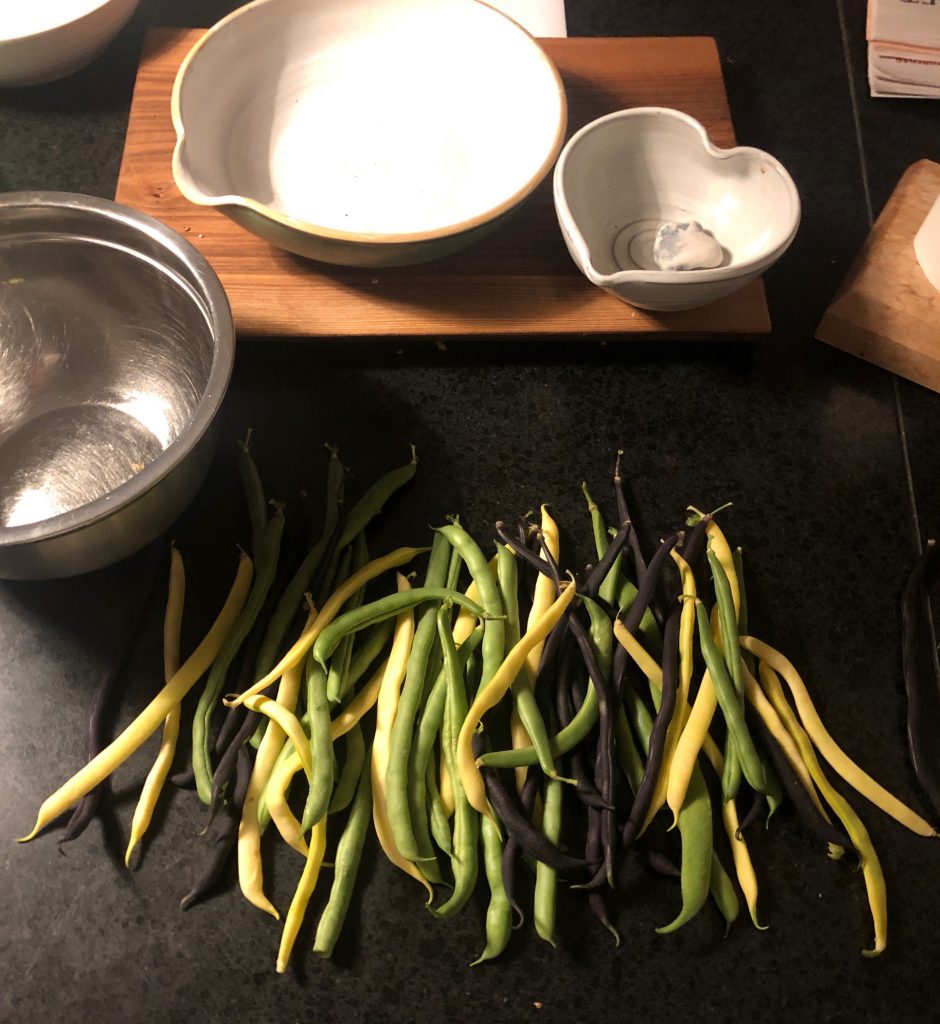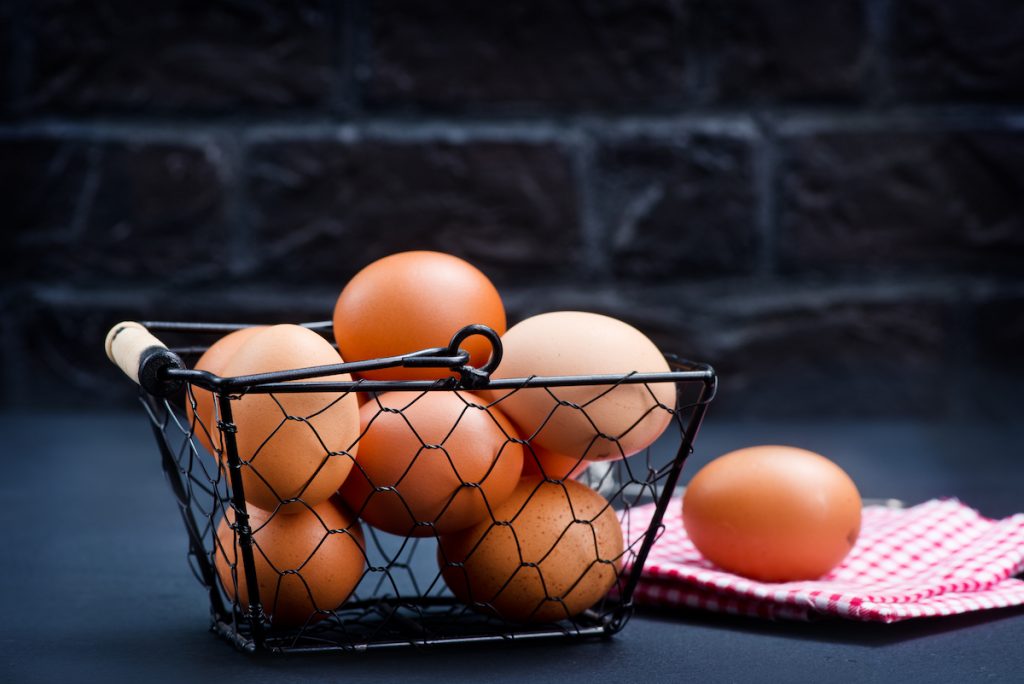While one green goat has been a leader at at a Protus life skills camp for the past two weeks, the other goats have kick-started the autumn with burning questions, preparation of workshops and meetings with driven customers who take their sustainability work seriously.
Hence, we have spent a great deal of time on food issues this week. It is easy to get depressed by horrible animal handling, dioxins and other toxins in fish and deforestation of rainforests just because we want cheap meat. We know that avocados, bananas, coffee and rice require extreme amounts of fresh water in parts of the world that are already lacking water, and we are constantly being informed about all sorts of things, such as halloumi from Cyprus containing loads of antibiotics.
So, what’s left to eat with a sound conscience?
At the same time, a lot of positive things are happening. Coop, for example, tries to make it easier for customers to make conscious choices by declaring all their products on the shelf based on ten environmental parameters. For the same reason, the food company Upfield, which among other things has Flora, Becel and Pro Active among its brands, introduces climate labels on its packaging. All this in order to make it easy to take the right decisions.
Investors show the way
This week, we got some good news about the British banking giant HSBC warning about investments in Brazilian JBS, the world’s largest meat producer, due to rainforest deforestation. Nordea has already sold off its holdings in the same meat giant.
And when investors take action, things begin to happen.
This week, deliveries of fresh vegetables from Ockelbo, organic eggs from free chickens and crowd-farmed olive oil from Manuel Belle’s organic and non-toxic olive farm in the Castile have arrived. There could also have been a delivery of meat from Bernhardssons in Årsunda, but it didn’t happen exactly this week. Good, not only in taste but also in the mind.
After all, there’s a difference between eggs and eggs.


